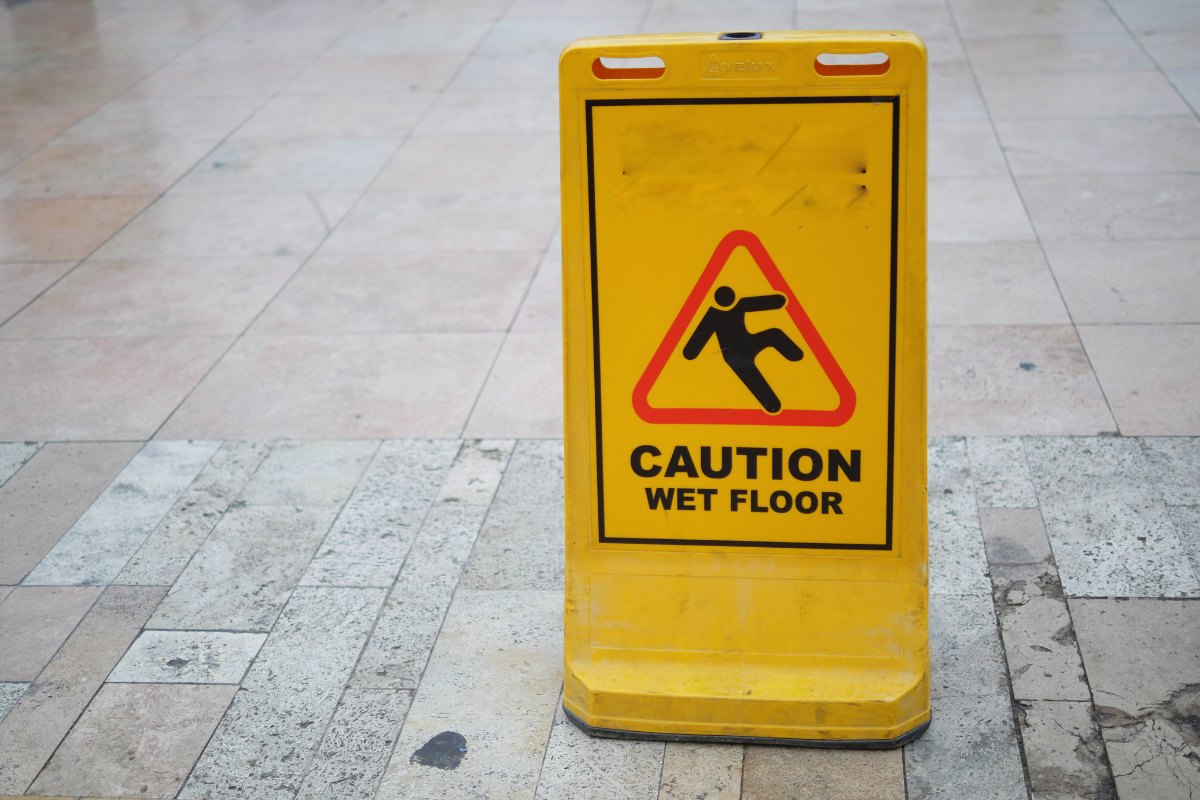If you work on the water, dry docks, port, shipping yard, or have any other maritime-related occupation, you probably want to know more about your rights if you’re injured on the job. Ben Bowden, PC Trial Lawyer is here to give you a breakdown of the Longshore Harbor Workers’ Compensation Act, an important piece of legislation for those working in the maritime industry.
What is the Longshore Harbor Workers’ Compensation Act (LHWCA)?
According to the Department of Labor, the Longshore and Harbor Workers' Compensation Act (LHWCA) is designed to provide compensation, medical care, and vocational rehabilitation services to employees disabled by job-related injuries occurring on U.S. navigable waters or adjacent areas used for vessel loading, unloading, repair, or construction.
The LHWCA also extends survivor benefits to dependents if a work injury leads to or contributes to the employee's death. These benefits are typically administered by the employer's self-insurance or through a private insurance company.
Who is Covered Under the LHWCA?
The LHWCA protects a wide range of maritime workers, including stevedores, crane operators, forklift drivers, and others involved in vessel loading and unloading. It also covers shipbuilders, repairers, and maintenance personnel.
If you’re employed in a maritime capacity and sustain a work-related injury, you may qualify for benefits under the LHWCA. Notably, the LHWCA excludes coverage for the "master or member of a crew of any vessel," who are instead covered under the Jones Act.
Benefits Provided Under the LHWCA
Under the LHWCA, injured maritime workers are entitled to:
Medical Expenses: Coverage for necessary medical treatment related to their work injuries to ensure proper care and rehabilitation.
Wage Replacement: Compensation for lost wages due to injuries suffered while working on navigable waters or adjoining areas, supporting financial stability during recovery.
Vocational Rehabilitation: Services to assist injured workers in acquiring new skills or returning to modified work, facilitating their reentry into the workforce.
Permanent Disability Benefits: Ongoing financial support for workers with permanent disabilities resulting from maritime injuries, acknowledging long-term impacts on earning potential and quality of life.
Why You Should Choose Ben Bowden, PC Trial Lawyer
Ben Bowden, PC Trial Lawyer in Gulfport, Mississippi is dedicated to providing exceptional legal representation in maritime law. We have deep knowledge of the Longshore Harbor Workers’ Compensation Act and other relevant maritime legislation, allowing us to effectively advocate for our clients and navigate complex legal challenges.
Injured on the Job? Contact Us Today for Help
Are you ready to assert your rights under the Longshore Harbor Workers’ Compensation Act? Contact Ben Bowden, PC Trial Lawyer today to schedule a consultation. Let our experienced maritime law team in Gulfport, Mississippi, take your case and fight for the compensation you deserve. Reach out now.




.png)
.png)

.jpg)